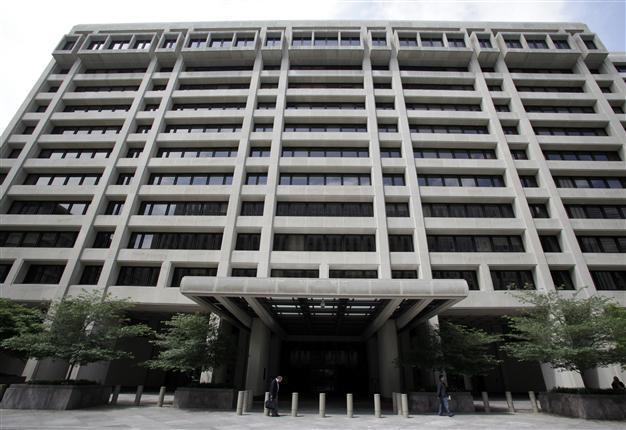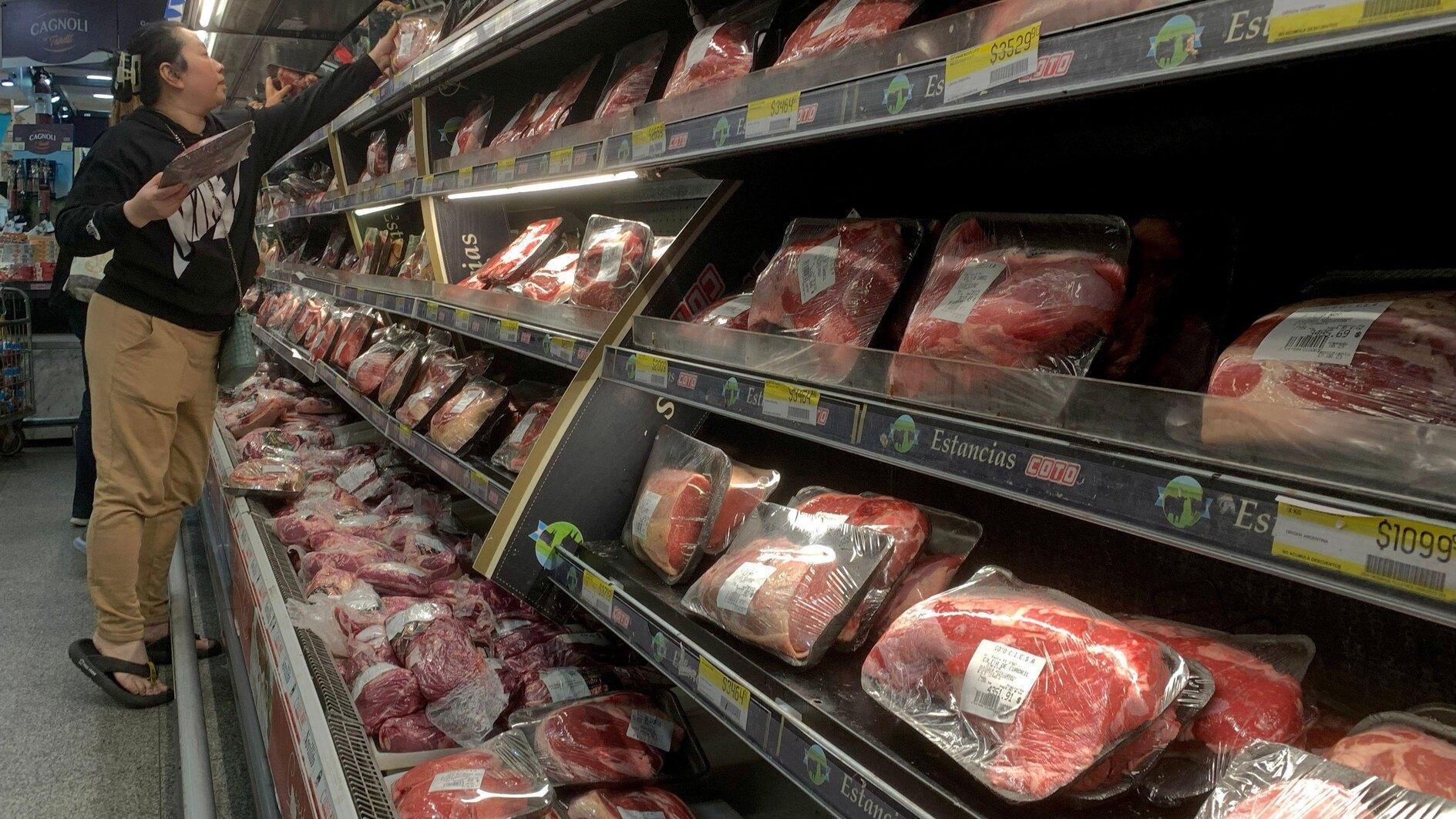Growth in CEE, Turkey to remain strong: IMF
BUDAPEST

AFP Photo
Countries in Central and Eastern Europe (CEE), including Turkey, are expected to see strong economic growth, while those in Southeastern Europe (SEE) will grow more slowly, according to “Mind the Credit Gap,” the IMF’s new Regional Economic Issues report released on May 10.“The region’s countries have been diverging down three paths. The Baltic countries, Central and Eastern Europe, and Turkey are faring best, thanks to cheaper oil and a stronger euro area recovery,” the IMF said in the launch of the report in Budapest.
However, the positive effects of cheaper oil and a stronger euro area recovery are likely to be limited for SEE economies, as their lingering structural weaknesses and private sector debt stock weigh on growth, said the report.
The IMF forecasts that economies which are part of the Commonwealth of Independent States (CIS) will contract this year, as the largest economy of the region, Russia, has been hurt by falling oil prices and sanctions. Russia still poses risks for the near future.
“Market volatility and geopolitical problems are the main risks that could negatively affect countries in emerging Europe. An increase in geopolitical tensions related to Russia and Ukraine, as well as a deterioration of the situation in Greece, loom on the horizon,” the report said.
Weak investment is a common challenge in a very heterogeneous region, according to the report.
“Investment is being held back by still low demand growth in much of Europe and uncertainty both at the global and the euro area level, but also by an incomplete private sector balance sheet clean-up. While credit deleveraging is necessary, it tends to be more protracted and a drag on growth when debt problems are pervasive, macroeconomic policies are not sufficiently supportive, and institutional frameworks are not flexible enough,” said the report.
“Central, Eastern, and Southeastern Europe [CESEE] countries face a challenging dilemma: strengthen private sector balance sheets that have been damaged by the slump in demand and employment caused by the financial crisis and, at the same time, again achieve investment levels that will support the growth rates their economies need to catch up with the more advanced European countries,” said Jörg Decressin, deputy director in the IMF’s European Department.
Structural and institutional reforms are essential to raise growth potential, especially for countries with a private sector weighed down by debt, said the report.
The IMF concluded that many SEE and CIS countries also face an extensive unfinished structural reform agenda to improve the investment environment, raise productivity and reduce long-term unemployment.
















